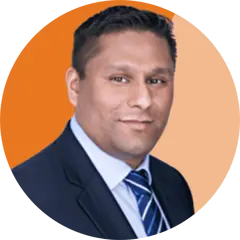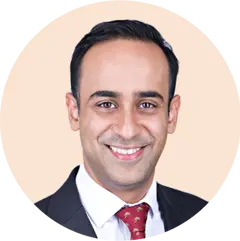How are private capital firms managing the current economic and political uncertainty?
Kartik Shah: A subdued exit environment will persist as managers look to hold onto assets for longer. They will also consider exposure to inflation and how their portfolios will react to rising costs.
Karl Salemangi: Private asset managers are asking for more support with day-to-day operations. Demand for fund administration has increased, while in private credit we are getting involved in activities such as portfolio and loan-level administration that managers would previously not outsource.
What new investment vehicles are being used by private equity firms? What financial and operational challenges do these pose?
Shah: The use of continuation funds is enabling GPs to hold assets for longer. Most have realised strong returns over the past few years, so they are not under pressure to exit and instead are supporting operational improvements. As fund terms expire, trophy assets are flipped into continuation vehicles, often single asset, giving GPs time to extract value while investors can generate liquidity.
Salemangi: Private asset managers are enhancing liquidity or allowing portfolio turnover through hybrid and evergreen funds. A key challenge with these is balancing liquidity with the investment thesis. Our expertise and technology can help with funds that have both open- and closed ended characteristics. Another interesting trend is the aggregation of LP interests with feeder vehicles; the democratisation of private markets has always been of interest to GPs and we have technology solutions that do this seamlessly. Financial technologies like blockchain and digital valuation tools, which tackle robust controls and enhance liquidity, will be considered more.
What are the challenges of launching a new fund in the current climate, and how can outsourcing help?
Shah: Marketing and brand awareness are challenges for any emerging manager. In a competitive environment, a fund needs to differentiate itself. Having a sound services provider with a global presence can make a strategy stand out.
Salemangi: Apex has over 80 offices in more than 40 countries worldwide. Located in all major fund manager hubs, we provide guidance and support for new managers that helps them navigate regulation and understand the fund structures available. We also ensure that managers have maximum flexibility in product structuring with the necessary administration, banking, middle office or capital consulting infrastructure around them.








